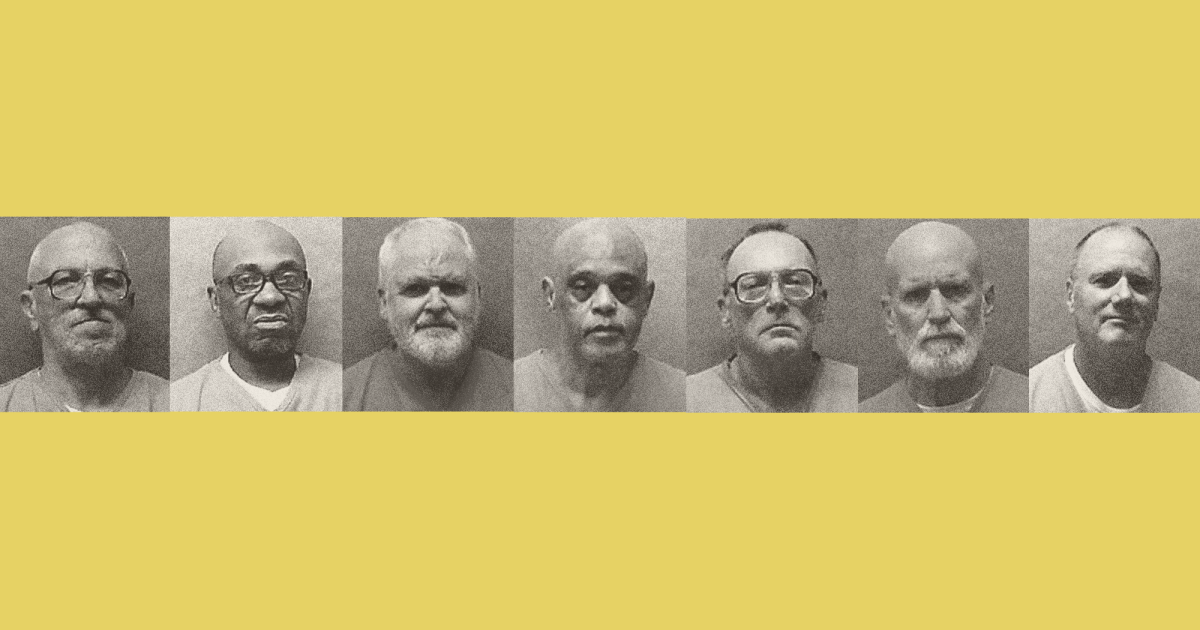The caravan of executions started with a US Army veteran in March.
It continued in May with a former Army Ranger who served in the Gulf War, then an Air Force veteran in July, a former National Guard member in August, and a Navy veteran in October.
This week, a former Marine, and next week, yet another Army veteran are scheduled to die in what Florida Gov. Ron DeSantis has called the “most veteran-friendly state in the nation.”
He’s the one who signed all seven of their death warrants. The governor wielding the executioner’s pen is a Navy veteran himself.



There are often important circumstances DuhSantis seems to be ignoring.